A New Hope
If I had to name one thing that an Executive Director of a non-profit organisation survives upon, it would have to be hope. I see it every day, from the leaders of local housing initiatives, to human rights watchdogs, to social science researchers, to environmental groups like mine, we all rely on some form of hope to sustain us.
The hope from which we draw our strength can take on many forms, it can be an undying love of community, it can be a vague optimism that some day things will get better, it can be a passion for ensuring everyone in our community has an equal voice, or it can be a grounded belief inspired by actions seen and felt around us. Consider me to be in the latter camp.
It can get trying at times, as you spend half your year writing, planning and - you guessed it - hoping for the future. In my case it often takes the form of countless hours negotiating with various levels of government, proposing to grant agencies, impressing foundations and conferencing with research institutions, all under the auspices of some grand design intended to make an impact on Saint John's environment. It would be all too easy to get lost in the hopelessness of it all. But then comes one day in the Spring when the first of a parade of bright-eyed students, recent graduates and Millennial daydreamers comes to your office door, extends to you a resume where you expected an open hand, and in an instant you are reminded of every awkward interview, every hopeless internship and every menial job you ever had.
That is hope my friends.
Theirs are the faces of a generation unwilling to accept that the way things are is the only way they ever will be. Theirs are the minds that will change how we look at urban wetlands, or active transportation, or climate change adaptation or any of the thousand other ways we can make our world better. More than a job, they are looking for validation, a sense that the lessons they were taught in school were more than just lip service paid to the problems of the world, but tools they were given to affect real change. If I had my way I would hire all of them, and give them all a chance to prove that working and thriving in our city is a product of opportunity more than it is of circumstance. The capabilities of our young people in Saint John is incredible, and to be able to bring in even a half dozen of them - as ACAP has done in the past two weeks - is in my mind a tremendous occasion for our region to grow.
What stands out as truly exciting in all of this, are the new horizons we are embarking upon this year. For the first time ever, we are able to hire students and researchers and regale them with grand tales of a time long ago when Saint John dumped untreated sewage into our harbour and our rivers, rather than briefing them on safety protocols as we prepared for that long, grim walk into a shadowy, pathogenic wasteland. These are the first of a new generation of researchers who will only know the contamination of Marsh Creek as numbers on a page or points on a graph, not as stains on their boots. If you cannot see that as progress, and if it does not fill your heart with its own sense of hope, well I am afraid there is little to be found for you in this world.
So that is why I continue on, because my contemporaries, and those before us, are compelled to believe that the work we do - whether this instant or ten years from now - will make a difference. While there may be days when we all feel a little starved of hope, we can look to our own Marsh Creek, a shining [and now crystal clear] example of how much difference a little hope can make.
